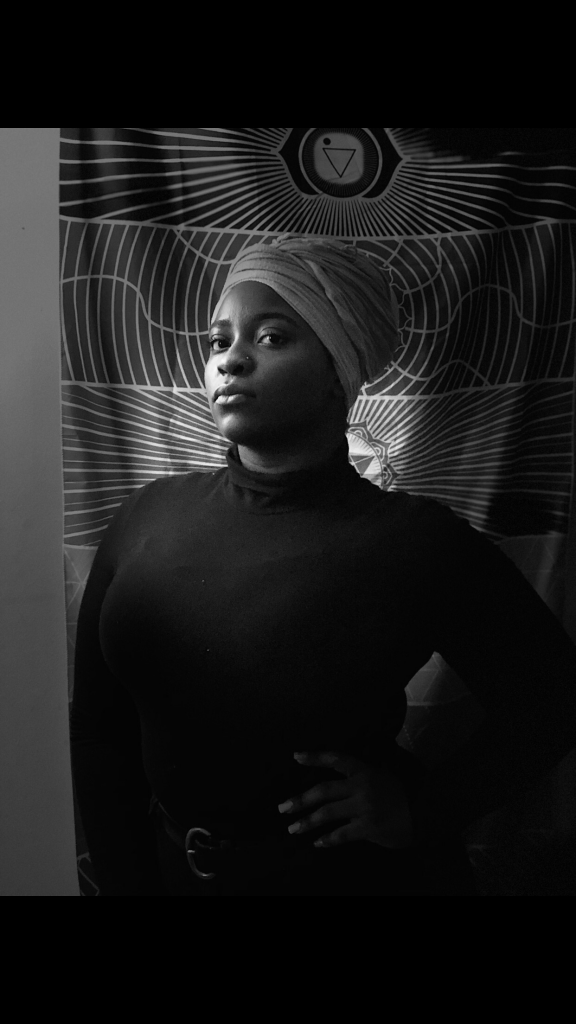Jasmine Jordon aims to write poetry that not only represents herself, but also many black women in America, giving a voice to a group that isn’t always heard.
“I feel as though the weight of the world is on black women’s shoulders, we see so much, we carry so much, and I feel like sometimes it is up to us to make [the] change that is needed,” she said.
Jordon is a 24-year-old poet from Brooklyn, New York, who moved to Binghamton in late 2008. She attended Broome Community College and graduated with an associate’s degree in health studies. Now, she works in child care and while her day job provides plenty of satisfaction, she also aims to express her creativity through various artistic mediums. In addition to writing poetry, Jordon writes songs and makes teas and treatments for minor thyroid problems. While these endeavors keep her busy, Jordon focuses most of her attention on the written word.
For Jordon, the key to producing poetry is keeping herself busy and creatively stimulated. Throughout her workday, she may jot down lines of poems or songs as they come to her, but when she isn’t at work, painting or speaking with her artist friends help her stay inspired.
She said her main source of inspiration to pursue music and poetry is her father, who is a lyricist. When she was young, her father took her to a concert he was performing in, giving her the opportunity to meet the other performers. Looking back, Jordon sees this experience as the moment she became interested in music.
“[There were] so many inspiring Jamaican artists — it was beautiful,” Jordon said. “After that day, I started trying to freestyle.”
Although Jordon didn’t begin making music seriously until she was 21, she has been writing poetry since kindergarten. She said her style has greatly evolved since then, shifting from being about physical things to being more about spirituality, describing her poetry as conscious and provocative of emotion.
Jordon said she seeks to build a sense of community and understanding when she shares her poems, and she does this by writing about her personal experiences and how her identity shapes her daily life. She highlighted her move to Binghamton from Brooklyn as a moment when her racial identity became more central in her life. She said being in an environment with less racial diversity made her more aware of her own experiences as a black woman in America.
“There [were] more Caucasian people,” Jordon said. “I noticed that I was actually treated differently, in my life. I was held to a higher standard than the average white woman or average white man.”
Jordon used her experiences as a black woman in Binghamton to shape her poetry. She said she places value in bringing people together and uses her poetry to help others feel less alone in their identities.
“Everyone feels like, ‘Oh I’m so different,’ but if you read this or heard this, you [wouldn’t] feel so different,” Jordon said.



